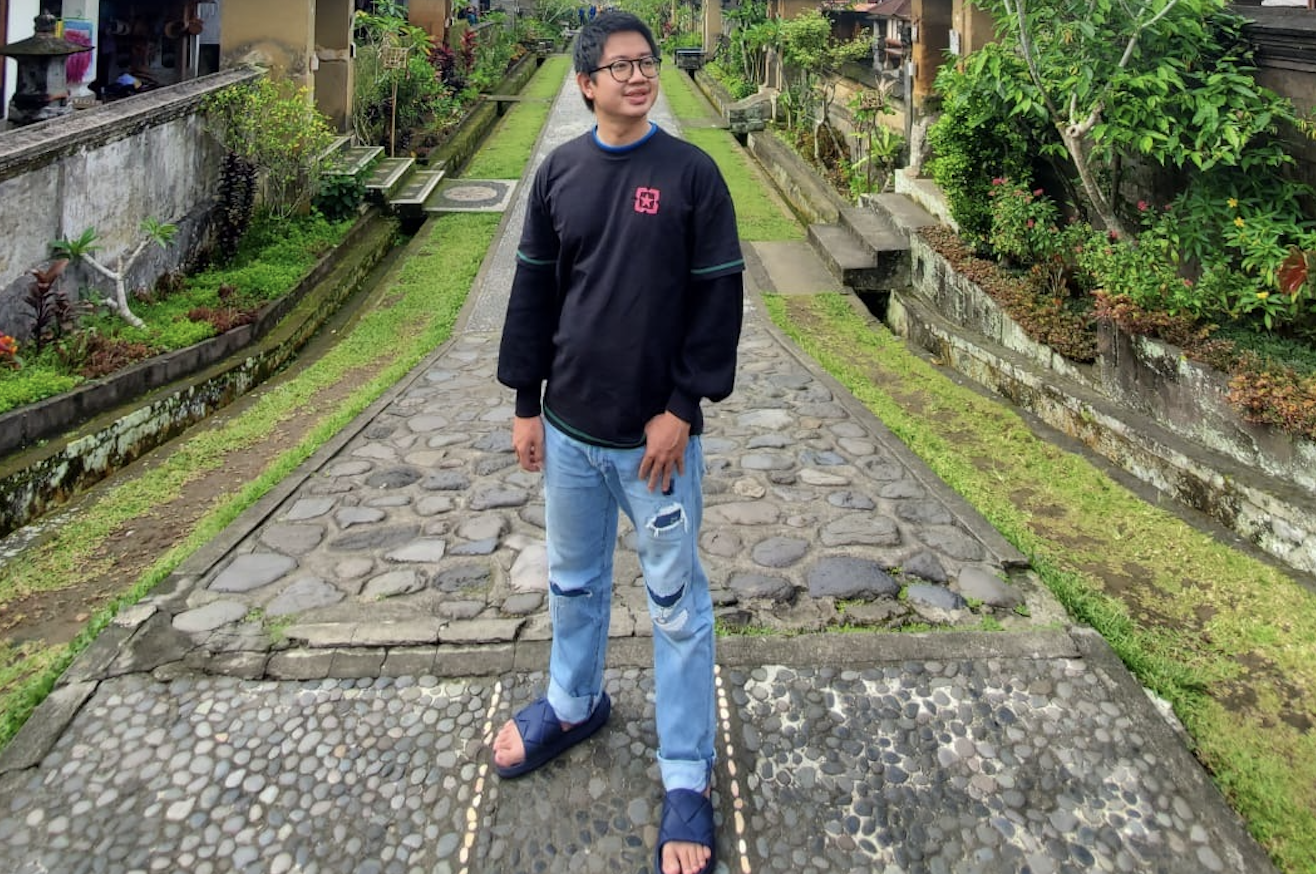
News
Sticks and Stones
Play audio version
Bullied at a Young Age, DJP Fellow Naufal Asy-Syaddad Encourages Other Young Indonesians with Autism to Know Their Rights
June 24, 2022
Click here for the Bahasa Indonesia version of this article.
When Naufal Asy-Syaddad was in high school, his mother, Lani Setyadi, noticed a bruise on the side of his face. Naufal said he’d fallen at school, but Lani wasn’t buying it. “The position [of the bruise] was just really, really suspicious to me,” she says.
It wasn’t like Naufal to lie. A person with autism, he was usually honest to a fault. Eventually, he admitted there had been an incident at the boarding school he attended. Some classmates had told him a friend of his was sick in a nearby room. When Naufal entered, the bullying began. “First … he was asked to sing … and after that all the children said they want to play … martial arts,” says Lani. They let Naufal start – and then seven students took their shot at him. Naufal ended up with a blood clot on his brain and other injuries.
The moment Lani remembers most clearly, though, happened after she discovered the bruise and other injuries. Sitting in front of a small neighborhood mosque one afternoon, Naufal turned to her and asked, “Why do people want to do bad to others?”
Inadequate Government Response
“I believe that people with autism are not the source of the problem,” says Naufal, speaking through an interpreter. “It’s just because there is asynchrony between their needs and the environment and also because of their skills, or lack thereof, to interact or to respond properly to their surroundings. … We are highly misunderstood. We are considered rude. We are considered impolite.”
Now a fellow with the Disability Justice Project, Naufal was diagnosed with autism at 18 months old. His mother noticed some of the typical signs for a child his age – lack of eye contact, looking at the same pages in a book over and over, and general restlessness and hyperactivity. According to the World Health Organization (WHO), one out of every 100 children worldwide is autistic. However, in Indonesia, the data is scarce, and without concrete numbers proving a need for services, the government’s response has been inadequate. Particularly in more rural areas, some communities dismiss the concept of autism altogether. Parents are judged for their child’s apparent lack of self-control, and young people with autism are left behind.

Worried for their children, many parents like Lani take it upon themselves to establish their own autism centers and foundations and to build their own communities of support. “In 2003 … when [Naufal] started to go to the kindergarten, a lot of kindergartens didn’t want him,” says Lani, who has a background in education. “[They] said that if … we have a child like this in our school … it will be difficult … to attract students because there is a ‘bad-mannered boy’ in the school.” Not long after, Lani started a school of her own for children with autism. She and her staff at the Yogasmara Foundation also work to educate people about autism and to advocate for inclusion in the schools and throughout society.
Becoming a Spokesperson
At the foundation, Naufal has found a home. He works on the finance team and chairs the foundation’s youth group. He also has served as a spokesperson for the organization, raising awareness about autism in his community and beyond. In 2015, Naufal was chosen to be a “disability ambassador” representing Indonesia in a training in Thailand on the rights of people with disabilities. Lani says it took him years to talk openly about his autism. “We learn about the disability rights. I think this is the first step for him, to make him realize that it is OK … being autistic and it is not something bad and this is who you are,” she says.
In addition to being a spokesperson for the foundation, Naufal has been featured in the local press for other reasons. From a very early age, his talents in math were abundantly clear. When he was 11, he won his first national math championship, and the awards kept piling up from there. Eventually, he was offered a scholarship to attend a boarding school – one of the best in Semarang, the capital of Central Java. His memories from those years are bittersweet. “I was so depressed,” he says, referring to the bullying, “but I’m able to be strong and be strong enough to face all the bullies.”
Naufal went on to earn a degree in mathematics from Diponegoro University. His college experience was much more rewarding. “My friends in college … were accepting of me. They were accepting of my disability,” he says. “I have learned. I have grown.”
Lani says her motivation for doing the work she does always goes back to her son. “I think everything is always triggered by my concern about Naufal’s future. It’s always there,” she says. “We need to create the environment that accepts [people with autism] for who they are … and then give the opportunity … in any aspect of life so that they can experience, they can learn.”
Jody Santos is the founding executive director and editor-in-chief at the Disability Justice Project.
News From the Global Frontlines of Disability Justice
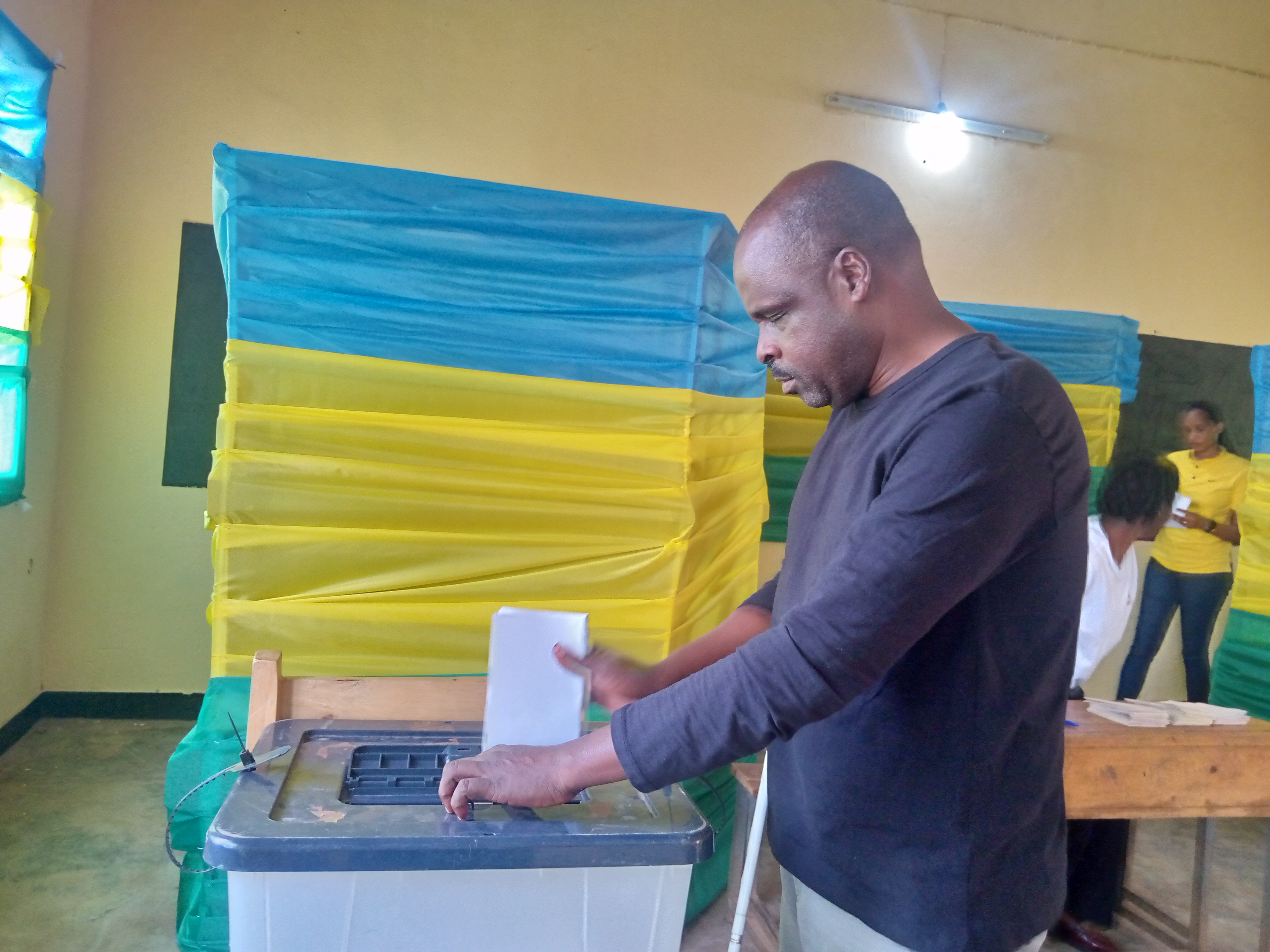
Advancing Democracy
Rwanda has made significant progress in making its elections more accessible, highlighted by the July 15 general elections where notable accommodations were provided. This was a major step forward in disabled Rwandans’ quest for equal rights and participation. “You cannot imagine how happy I am, for I have voted by myself and privately as others do accessibly,” says Jean Marie Vianney Mukeshimana, who used a Braille voting slate for the first time. “Voting is a deeply emotional and meaningful experience for a person with any disability in Rwanda, reflecting a blend of pride, empowerment, and hope.”
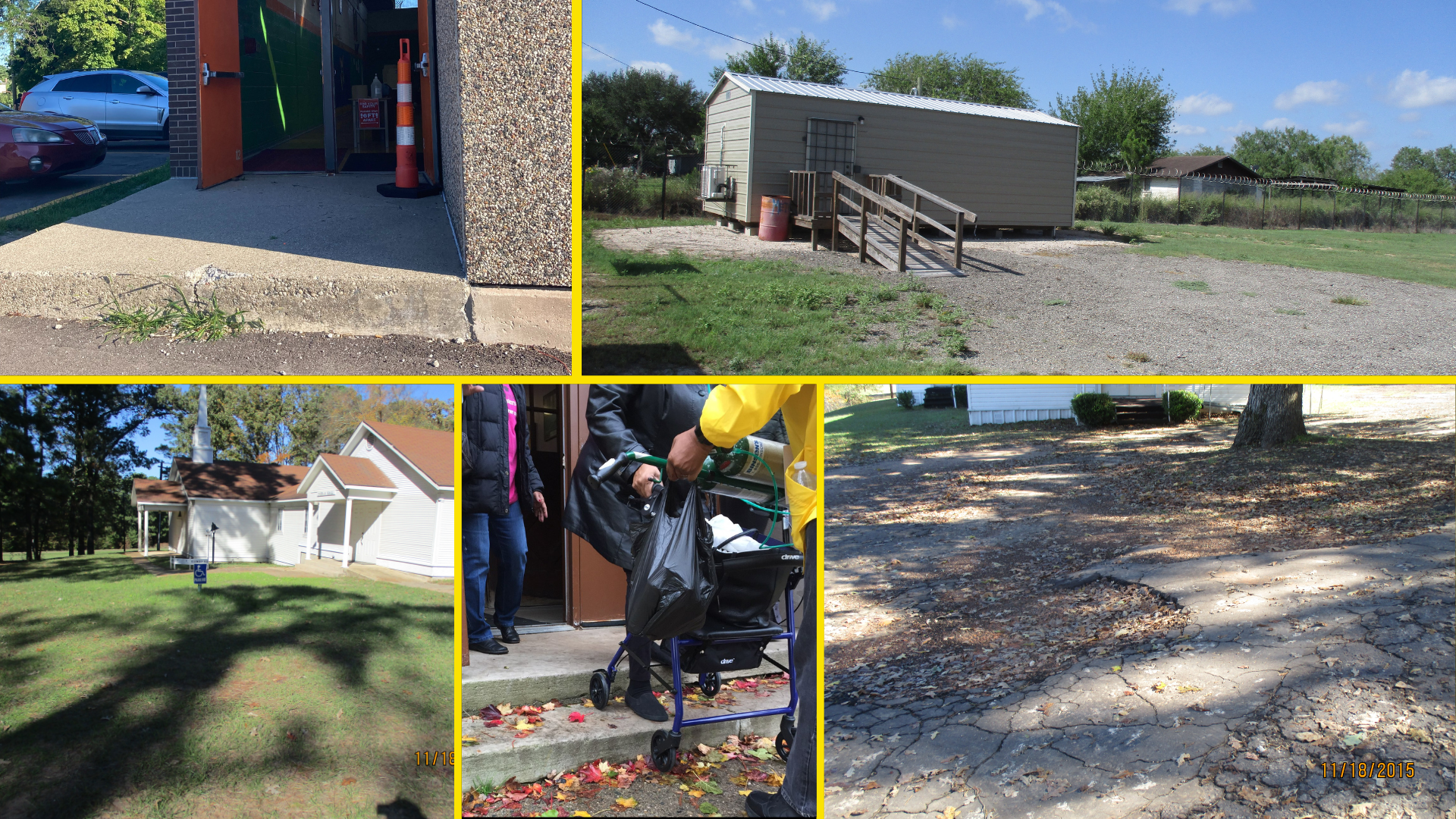
Barriers to the Ballot
Despite legislation like the Americans with Disabilities Act, barriers at the polls still hinder — and often prevent — people with disabilities from voting. New restrictive laws in some states, such as criminalizing assistance with voting, exacerbate these issues. Advocacy groups continue to fight for improved accessibility and increased voter turnout among disabled individuals, emphasizing the need for multiple voting options to accommodate diverse needs. ““Of course, we want to vote,” says Claire Stanley with the American Council of the Blind, “but if you can’t, you can’t.”
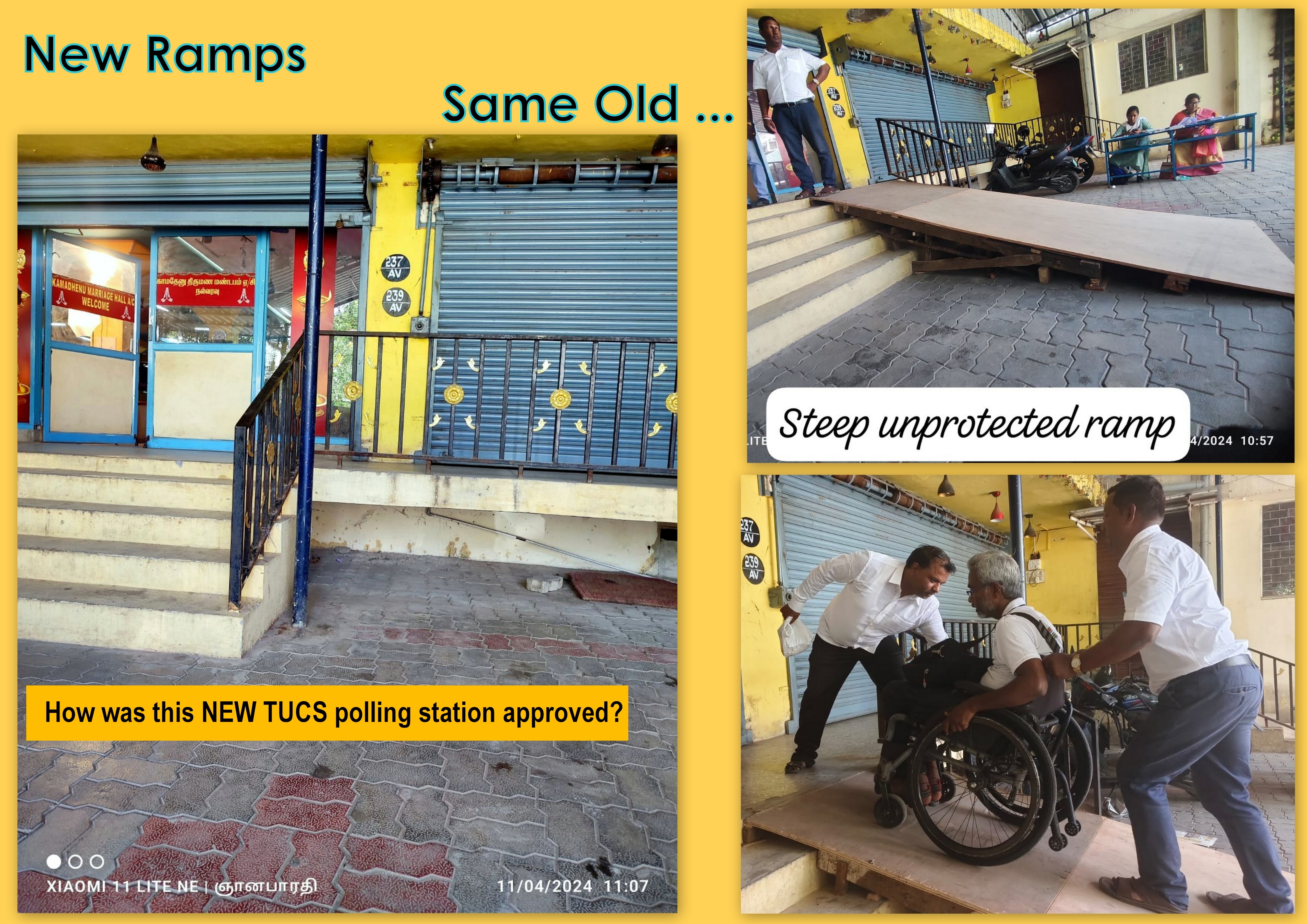
Democracy Denied
In 2024, a record number of voters worldwide will head to the polls, but many disabled individuals still face significant barriers. In India, inaccessible electronic voting machines and polling stations hinder the ability of disabled voters to cast their ballots independently. Despite legal protections and efforts to improve accessibility, systemic issues continue to prevent many from fully participating in the world’s largest democracy. “All across India, the perception of having made a place accessible,” says Vaishnavi Jayakumar of Disability Rights Alliance, “is to put a decent ramp at the entrance and some form of quasi-accessible toilet.”
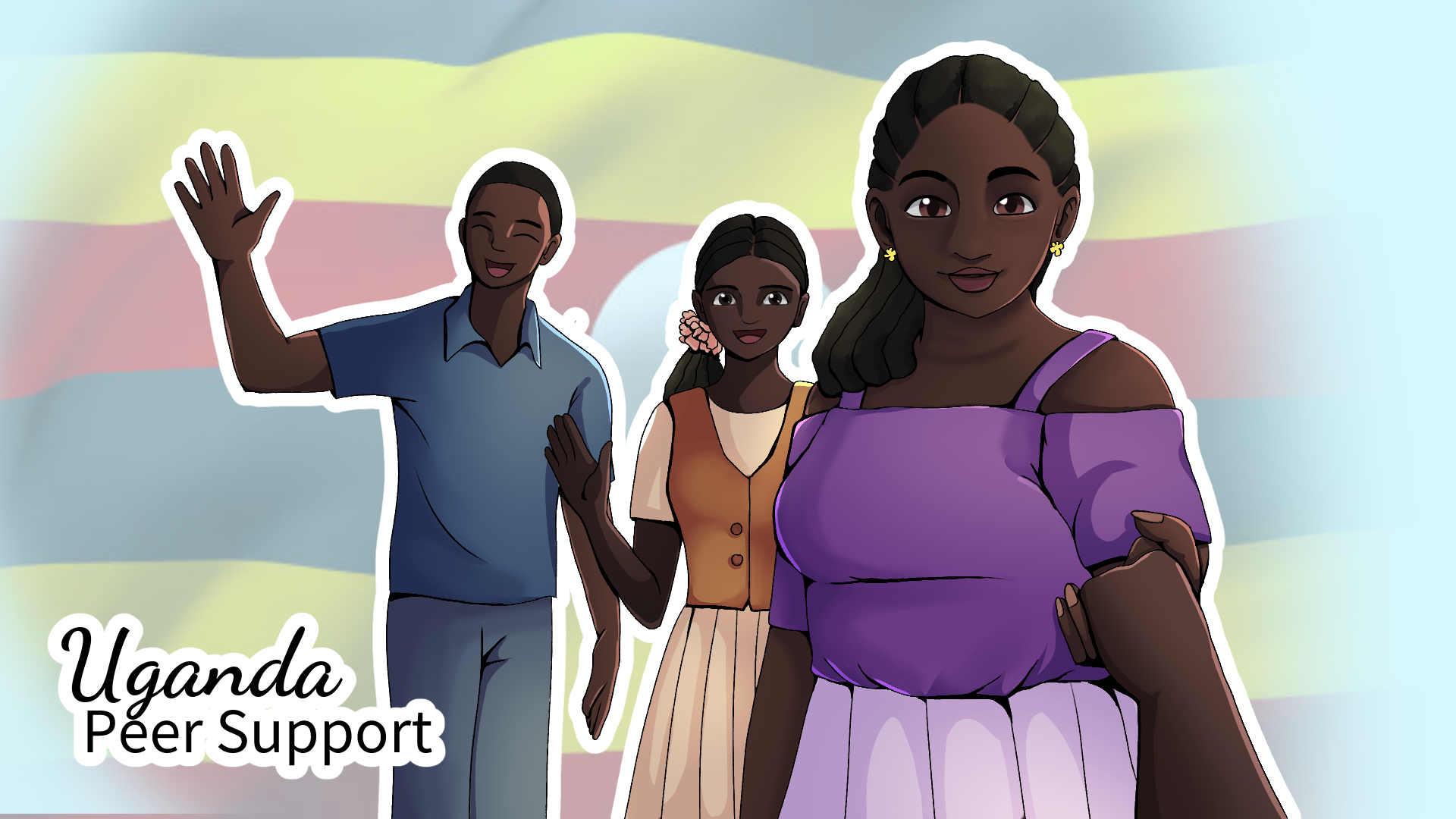
Triumph Over Despair
DJP Fellow Esther Suubi shares her journey of finding purpose in supporting others with psychosocial disabilities. She explores the transformative power of peer support and her evolution to becoming an advocate for mental health. “Whenever I see people back on their feet and thriving, they encourage me to continue supporting others so that I don’t leave anyone behind,” she says. “It is a process that is sometimes challenging, but it also helps me to learn, unlearn, and relearn new ways that I can support someone – and myself.”
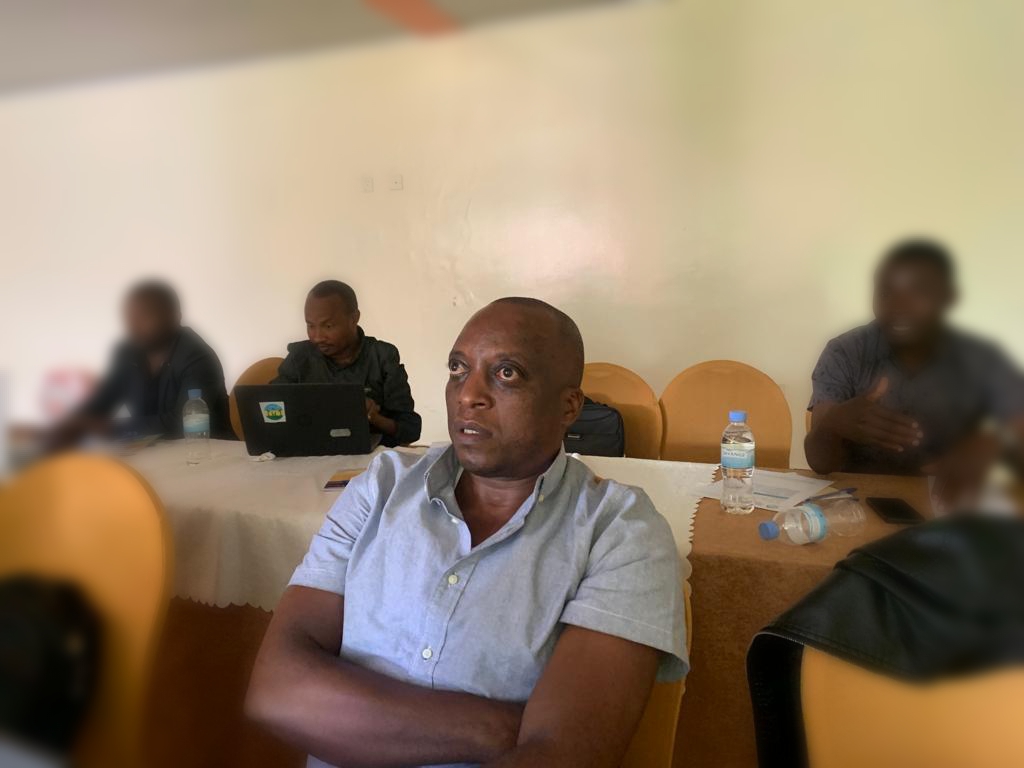
‘Our Vote Matters’
As Rwanda prepares for its presidential elections, voices like Daniel Mushimiyimana’s have a powerful message: every vote counts, including those of citizens with disabilities. Despite legal frameworks like the UN Convention on the Rights of Persons with Disabilities, challenges persist in translating these into practical, accessible voting experiences for over 446,453 Rwandans with disabilities. To cast a vote, blind people need to take a sighted relative to read the ballot. An electoral committee member must be present, violating the blind person’s voting privacy. “We want that to change in these coming elections,” says Mushimiyimana.
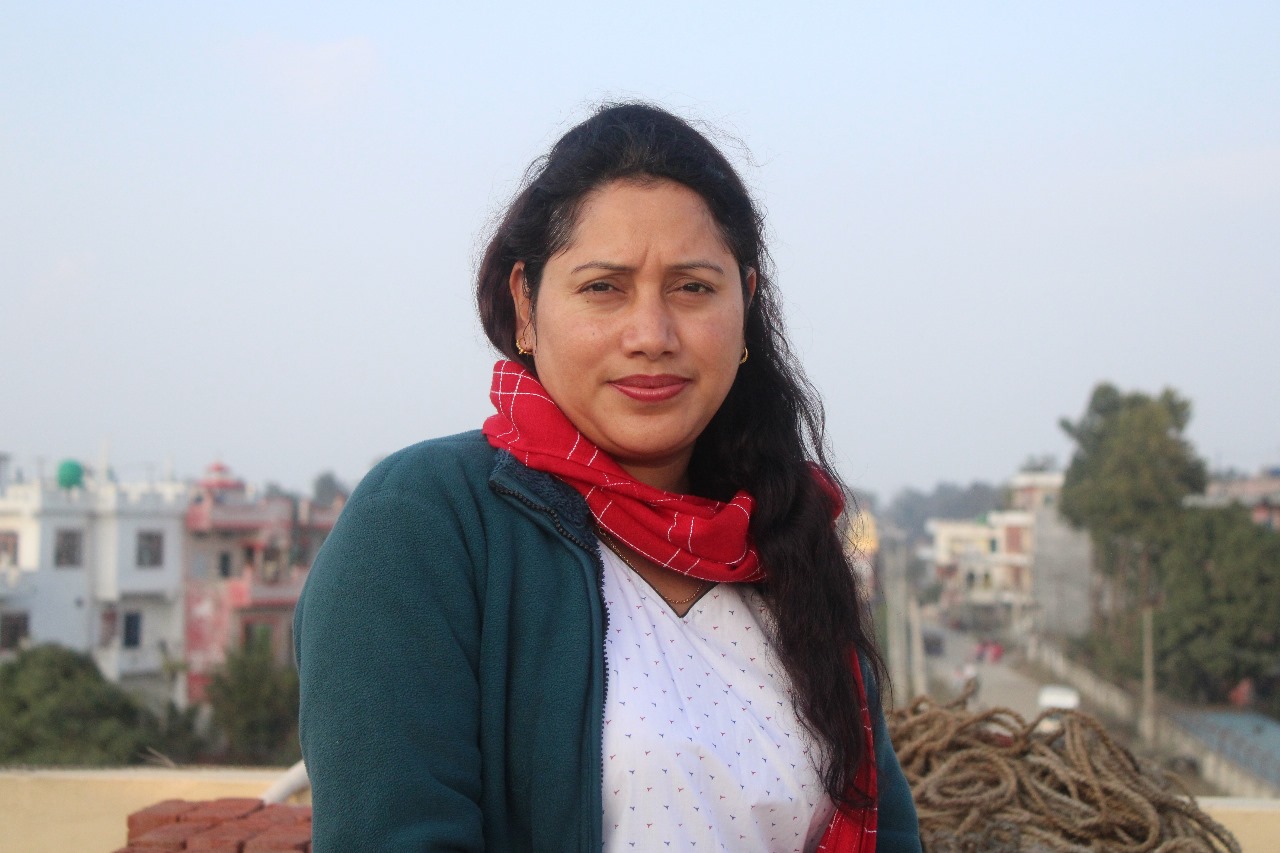
Voices Unsilenced
Often dismissed as a personal concern, mental health is a societal issue, according to Srijana KC, who works as a psychosocial counselor for the Nepali organization KOSHISH. KC’s own history includes a seizure disorder, which resulted in mental health challenges. She faced prejudice in both educational settings and the workplace, which pushed her towards becoming a street vendor to afford her medications. Now with KOSHISH, she coordinates peer support gatherings in different parts of Nepal. “It is crucial to instill hope in society, recognizing that individuals with psychosocial disabilities can significantly contribute,” she says.